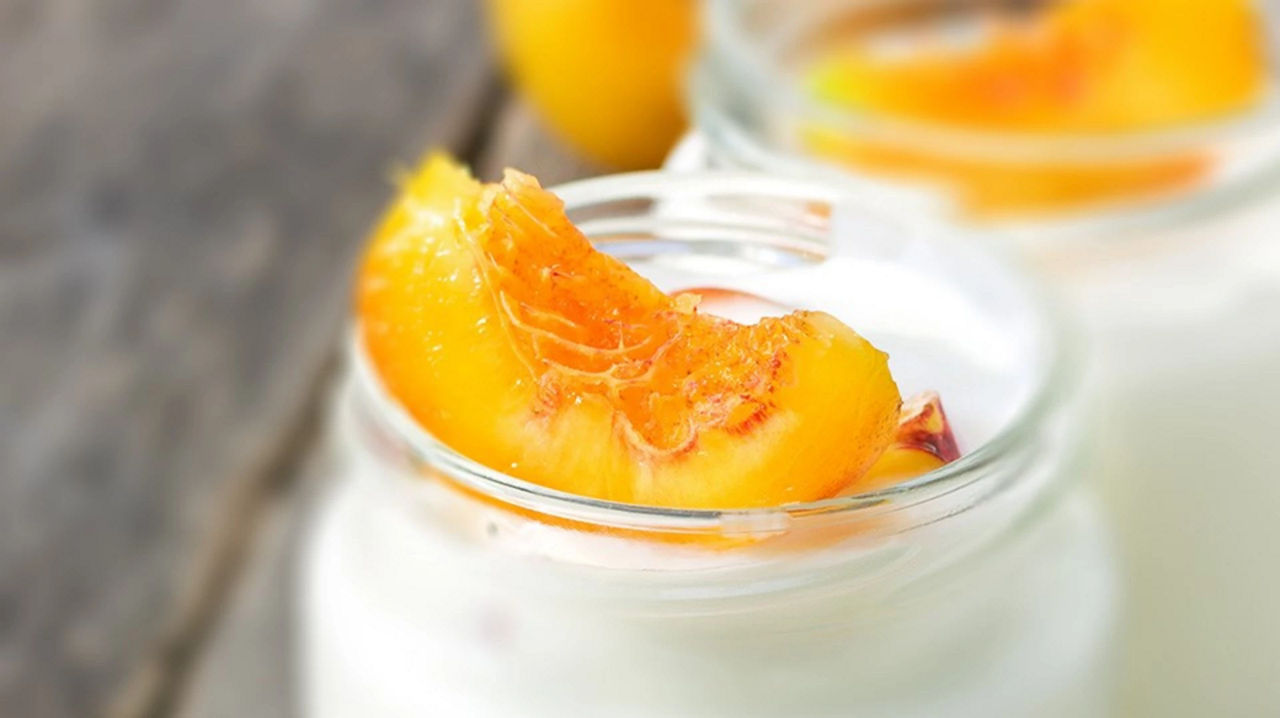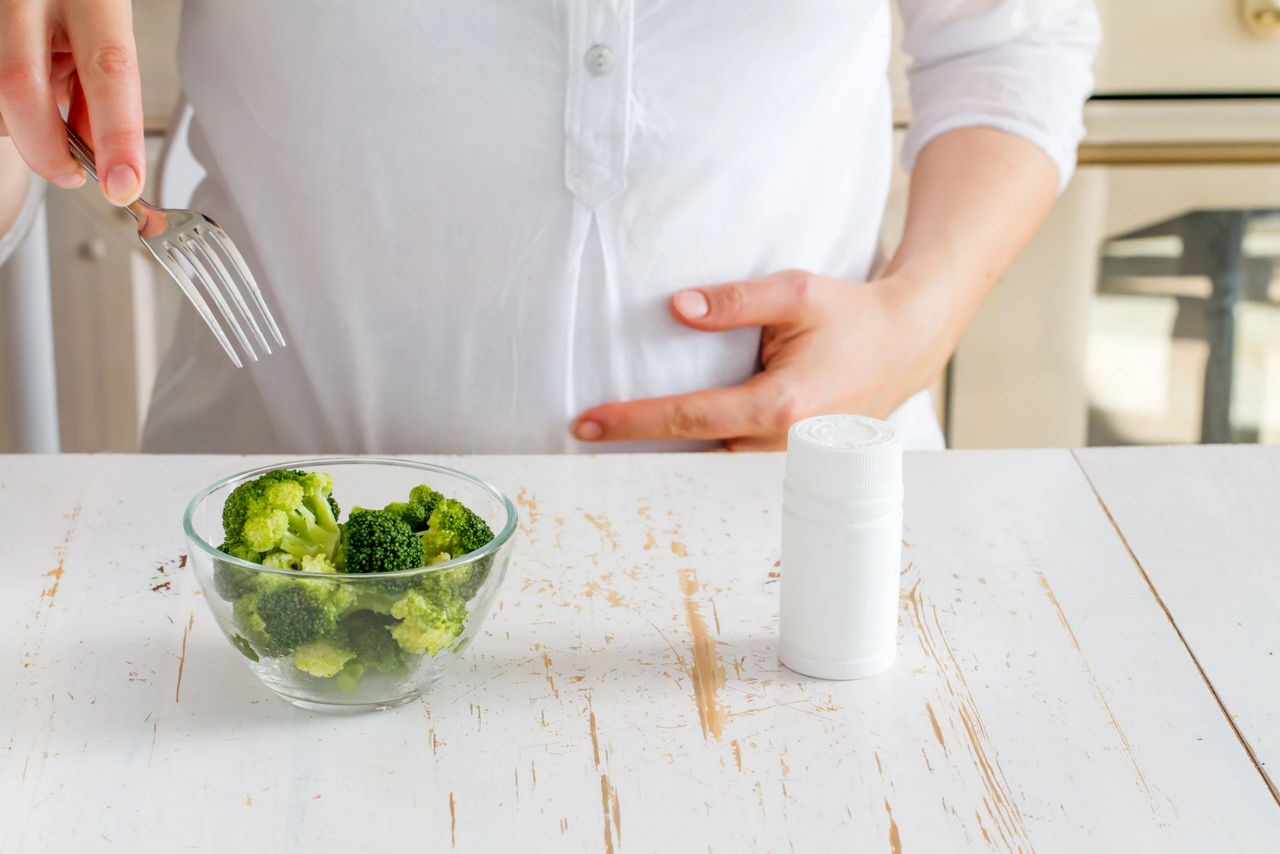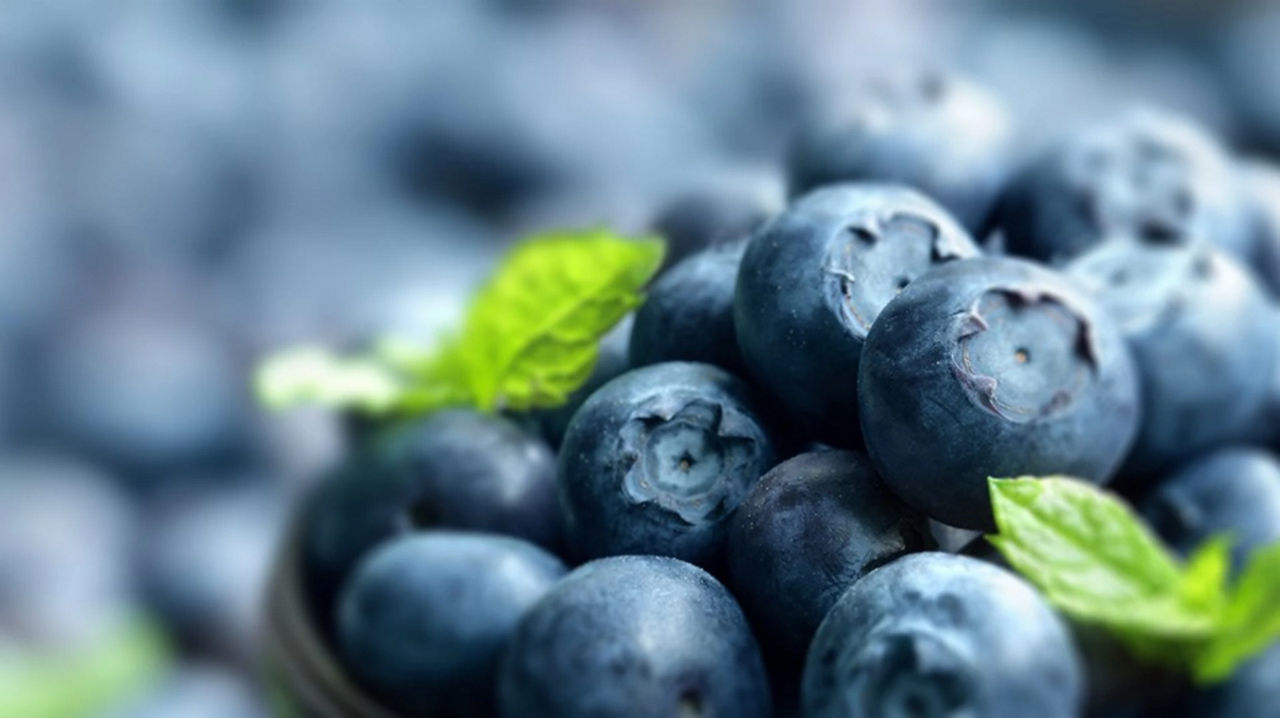Advances in early life research have revealed that as your unborn baby’s sense of taste and smell develop, they start to form opinions about the foods you eat6. Their taste buds mature as early as 13 weeks, which means they can start developing a taste for food early in the second trimester1. In addition, from the 16th week of your pregnancy onwards, your baby’s sense of smell will be working1,2.
By the end of your pregnancy, your baby will regularly swallow large amounts of amniotic fluid and studies have shown that this could have an impact on your baby’s food preferences later when weaning2.







